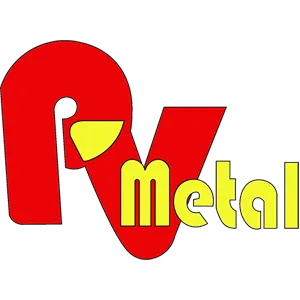Custom machining refers to the process of creating specialized, made-to-order parts tailored to specific designs and requirements. This type of machining is commonly used for low-volume production, complex geometries, or prototype parts. Custom machining typically involves advanced techniques such as CNC machining, laser cutting, and 3D printing, allowing businesses to produce highly precise and unique components.
Key Benefits of Custom Machining
On the other hand, standard machining refers to more traditional machining methods that are used for high-volume production of parts that require less complexity. It involves processes such as turning, milling, drilling, and grinding, often done on a larger scale with the help of CNC machines. Standard machining is ideal for mass production of simple, repeatable parts, often with minimal variation.
Key Benefits of Standard Machining
When deciding between custom machining and standard machining, it’s essential to consider the specific needs of your business. Here’s a breakdown of the key differences:
| Factor | Custom Machining | Standard Machining |
|---|---|---|
| Production Volume | Best for low-volume production or prototypes. | Ideal for high-volume production with large batches. |
| Design Complexity | Suitable for complex, intricate designs. | Suited for simple, repeatable parts. |
| Cost | Higher cost due to specialized work. | Lower cost per unit in large quantities. |
| Turnaround Time | Longer lead times for unique parts or prototypes. | Faster lead times for bulk orders. |
| Customization | Fully customized based on client specifications. | Limited customization based on pre-set designs. |
| Material Options | Wide range of materials, including metals, plastics, and composites. | Limited to commonly used materials. |
| Tolerances | Offers tight tolerances for precision parts. | Less stringent tolerances for simpler designs. |
Custom machining is the preferred option for businesses that need unique, highly specialized parts, or when working with complex designs that require tight tolerances. Here are a few situations when custom machining is your best choice:
Standard machining excels when you need to produce large quantities of parts with minimal design changes and lower complexity. Here are some scenarios where standard machining might be the best choice:
One of the biggest factors businesses need to consider is cost. In general, custom machining tends to be more expensive due to its specialized nature and the flexibility it offers. Custom parts often require more time for design, setup, and production.
On the other hand, standard machining becomes much more cost-effective with higher production volumes. As the quantity increases, the cost per unit for standard machining decreases, making it ideal for mass production.
However, it's important to note that even though custom machining may have a higher upfront cost, it can offer long-term value when producing parts that are highly specialized, require complex designs, or are part of a prototype development.
The decision between custom machining and standard machining ultimately depends on your specific project requirements:
Understanding your production volume, design complexity, and budget will help you decide which machining service aligns best with your needs.
When choosing between custom machining and standard machining, consider factors like production volume, design complexity, and budget. Custom machining offers the flexibility to create unique, highly specialized parts but comes at a higher cost, making it ideal for low-volume or prototype production. Standard machining, on the other hand, is perfect for high-volume, simple parts and can provide cost savings at scale.
By carefully evaluating your business needs and project requirements, you can make the right choice between these two machining services to ensure the best outcome for your business.
If you're ready to discuss your project or get a quote, contact us at www.pvemetal.com.sg today! Our team of experts is here to help you with both custom and standard machining solutions, tailored to your specific business needs.

 Malaysia
Malaysia